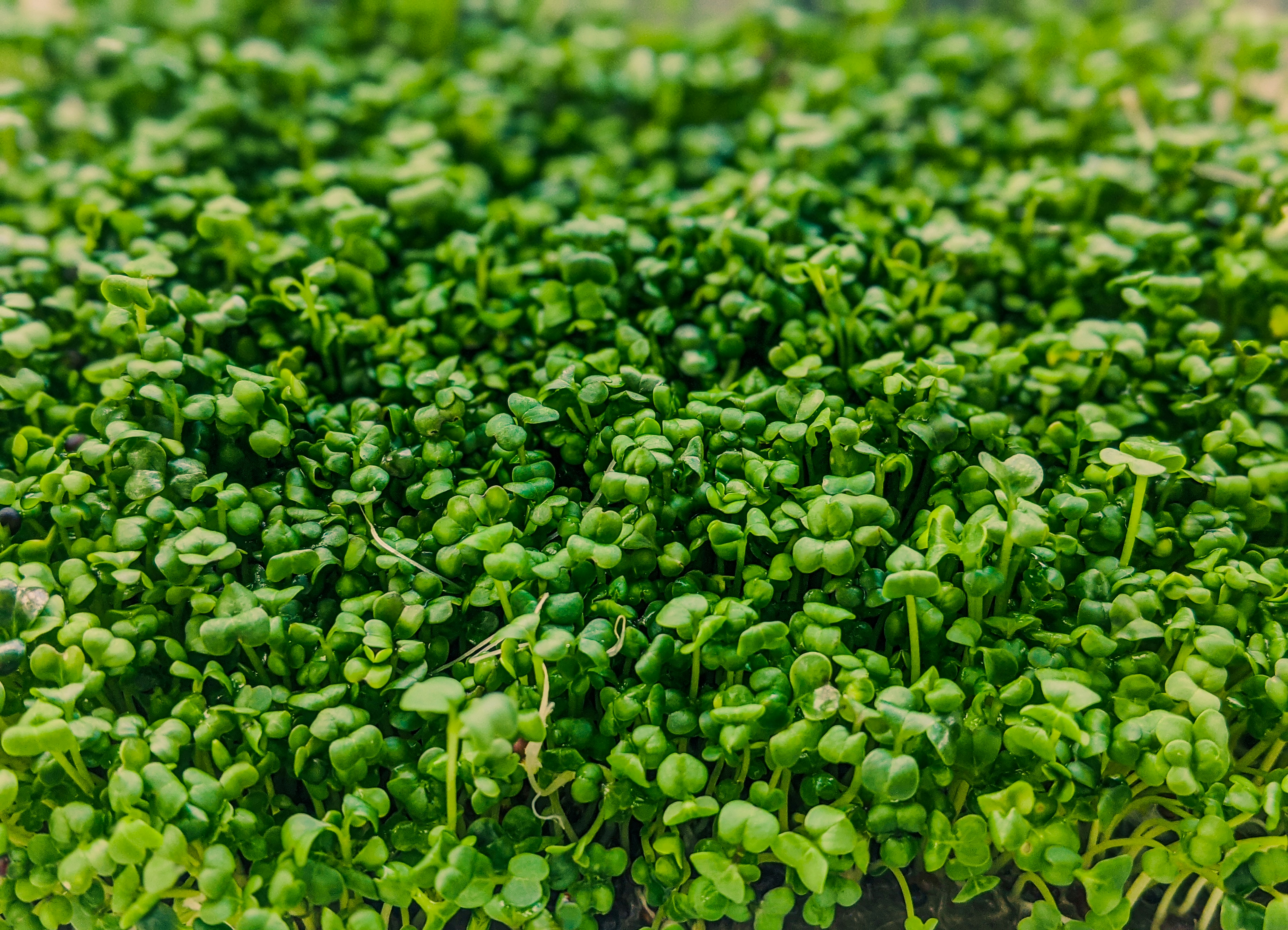Introduction
Garden cress, scientifically known as Lepidium sativum, is a fast-growing herbaceous plant that belongs to the cruciferous family. This small but mighty herb is packed with numerous health benefits and has been used for culinary and medicinal purposes for centuries. In this article, we will explore the various benefits of garden cress, its nutritional value, ways to incorporate it into your diet, and important precautions to consider.
What is Garden Cress?
Botanical Information
Garden cress is an annual plant that typically reaches a height of 30-60 cm. It has delicate, dark green leaves and small white or pink flowers. The plant is native to Egypt and has spread across various regions, including Europe, Asia, and North America. It thrives in moist soil and is often cultivated for its edible leaves and seeds.
Culinary Uses
Garden cress leaves have a tangy and slightly peppery flavor, which makes them a popular addition to salads, soups, and sandwiches. The seeds of garden cress are often used as a spice in various cuisines. They add a distinct flavor to dishes and are commonly used in Indian, Middle Eastern, and Mediterranean cooking.
Nutritional Value of Garden Cress
Vitamins and Minerals
Garden cress is a nutritional powerhouse, rich in vitamins and minerals essential for overall well-being. It is particularly high in vitamin C, vitamin A, vitamin K, and folate. These vitamins play a crucial role in supporting immune function, maintaining healthy vision, and promoting blood clotting.
Antioxidants
Garden cress is a rich source of antioxidants, including carotenoids and flavonoids. These compounds help protect the body against oxidative stress caused by free radicals, reducing the risk of chronic diseases such as heart disease, cancer, and neurodegenerative disorders.
Health Benefits of Garden Cress
Boosts Immunity
The abundance of vitamin C in garden cress strengthens the immune system, helping the body fight off infections and diseases. Regular consumption of garden cress can help reduce the severity and duration of common illnesses like colds and flu.
Supports Digestive Health
Garden cress is a good source of dietary fiber, which aids in digestion and prevents constipation. It promotes a healthy digestive system and may alleviate digestive disorders such as bloating and indigestion.
Promotes Hair and Skin Health
The vitamins and minerals found in garden cress contribute to healthy hair and skin. They help nourish the scalp, strengthen hair follicles, and promote shiny, lustrous hair. Additionally, garden cress contains compounds that have antioxidant and anti-inflammatory properties, which can benefit the skin by reducing inflammation and promoting a youthful appearance.
Manages Weight
Incorporating garden cress into a balanced diet can aid in weight management. The fiber content promotes satiety, preventing overeating, and supporting weight loss efforts. Additionally, garden cress is low in calories and rich in nutrients, making it an excellent choice for those aiming to maintain a healthy weight.
Aids in Blood Sugar Control
Garden cress may help regulate blood sugar levels due to its high fiber content and certain bioactive compounds. Regular consumption of garden cress can contribute to better blood sugar control, making it beneficial for individuals with diabetes or those at risk of developing the condition.
How to Incorporate Garden Cress into Your Diet
Sprouts and Salads
One of the easiest ways to enjoy garden cress is by growing it as sprouts. These delicate sprouts can be added to salads, providing a fresh and nutritious crunch. Garden cress leaves can also be used as a salad green, adding a peppery flavor and vibrant color to your dish.
Sandwiches and Wraps
Enhance the taste and nutritional value of your sandwiches and wraps by adding a handful of garden cress leaves. They provide an extra layer of flavor and texture, elevating your meal to a new level of freshness.
Smoothies and Juices
Give your smoothies and juices a nutritional boost by incorporating garden cress leaves. Blend them with your favorite fruits and vegetables to create a refreshing and health-enhancing beverage.
Precautions and Side Effects
Allergic Reactions
Although garden cress is generally safe for consumption, some individuals may experience allergic reactions. If you have a known allergy to other cruciferous vegetables or mustard seeds, exercise caution when consuming garden cress and consult with a healthcare professional if necessary.
Interaction with Medications
If you are taking specific medications, such as blood thinners or thyroid medications, it is advisable to consult your healthcare provider before adding garden cress to your diet. Garden cress contains certain compounds that may interact with these medications, potentially affecting their effectiveness.
Conclusion
In conclusion, garden cress is a remarkable herb that offers a wide range of health benefits. From boosting immunity to promoting hair and skin health, this nutrient-dense plant deserves a place in your daily diet. By incorporating garden cress into your meals, you can enhance the flavor, nutrition, and overall wellness of your culinary experience.
FAQs
Is garden cress safe for pregnant women?
- While garden cress is generally safe for pregnant women, it is always best to consult with a healthcare professional before making any significant changes to your diet during pregnancy.
Can garden cress help with weight loss?
- Yes, incorporating garden cress into a balanced diet can aid in weight loss due to its high fiber content and low calorie count.
Are there any specific storage requirements for garden cress?
- To maintain the freshness and quality of garden cress, store it in the refrigerator in a sealed container or plastic bag. It is best consumed within a few days of purchase.
Can garden cress be grown at home?
- Yes, garden cress can be easily grown at home. You can grow it as sprouts on your kitchen counter or in a small pot or garden bed.
Are there any alternative names for garden cress?
- Garden cress is also known by other names such as peppergrass, pepperwort, or simply cress.





No comments:
Post a Comment